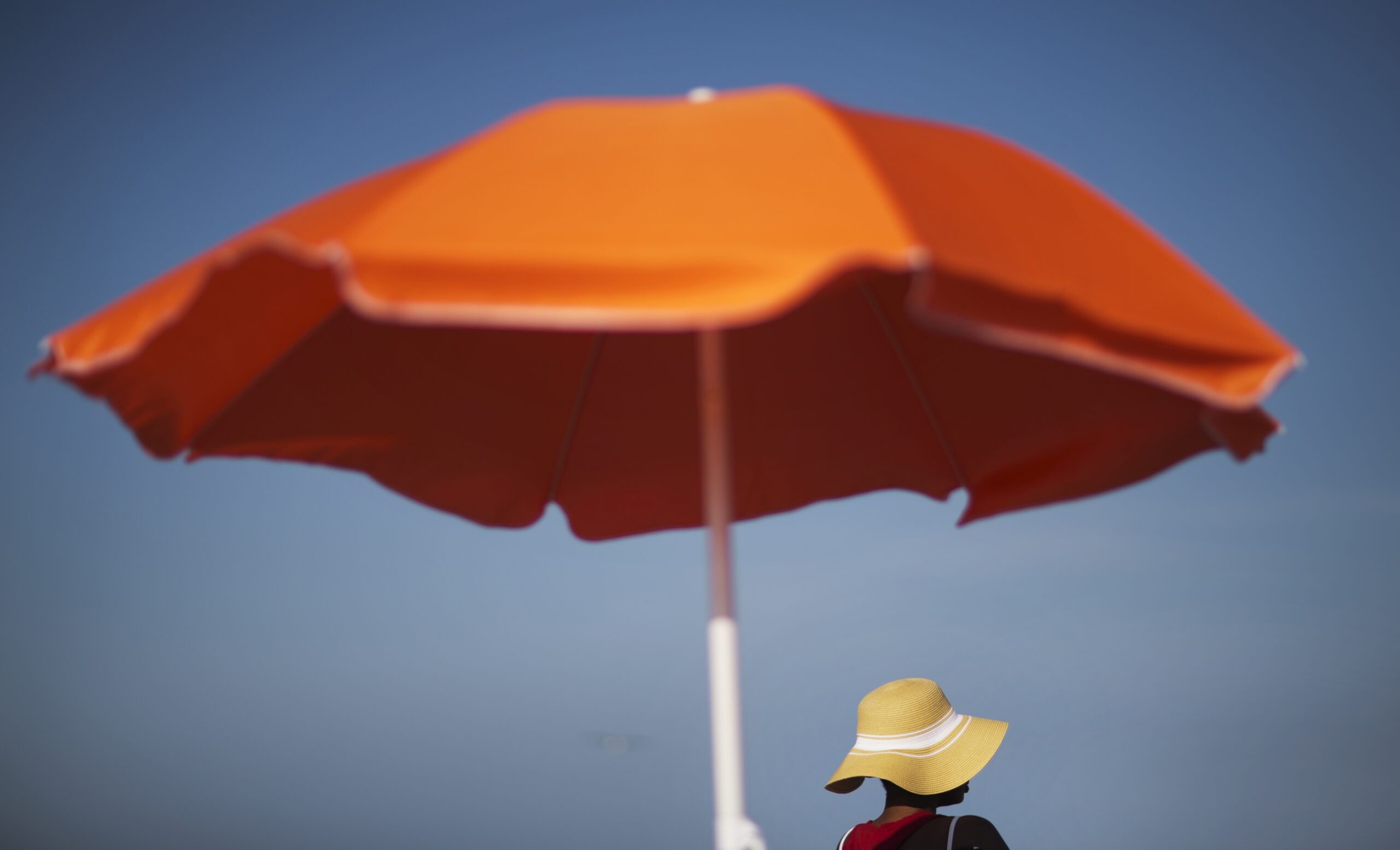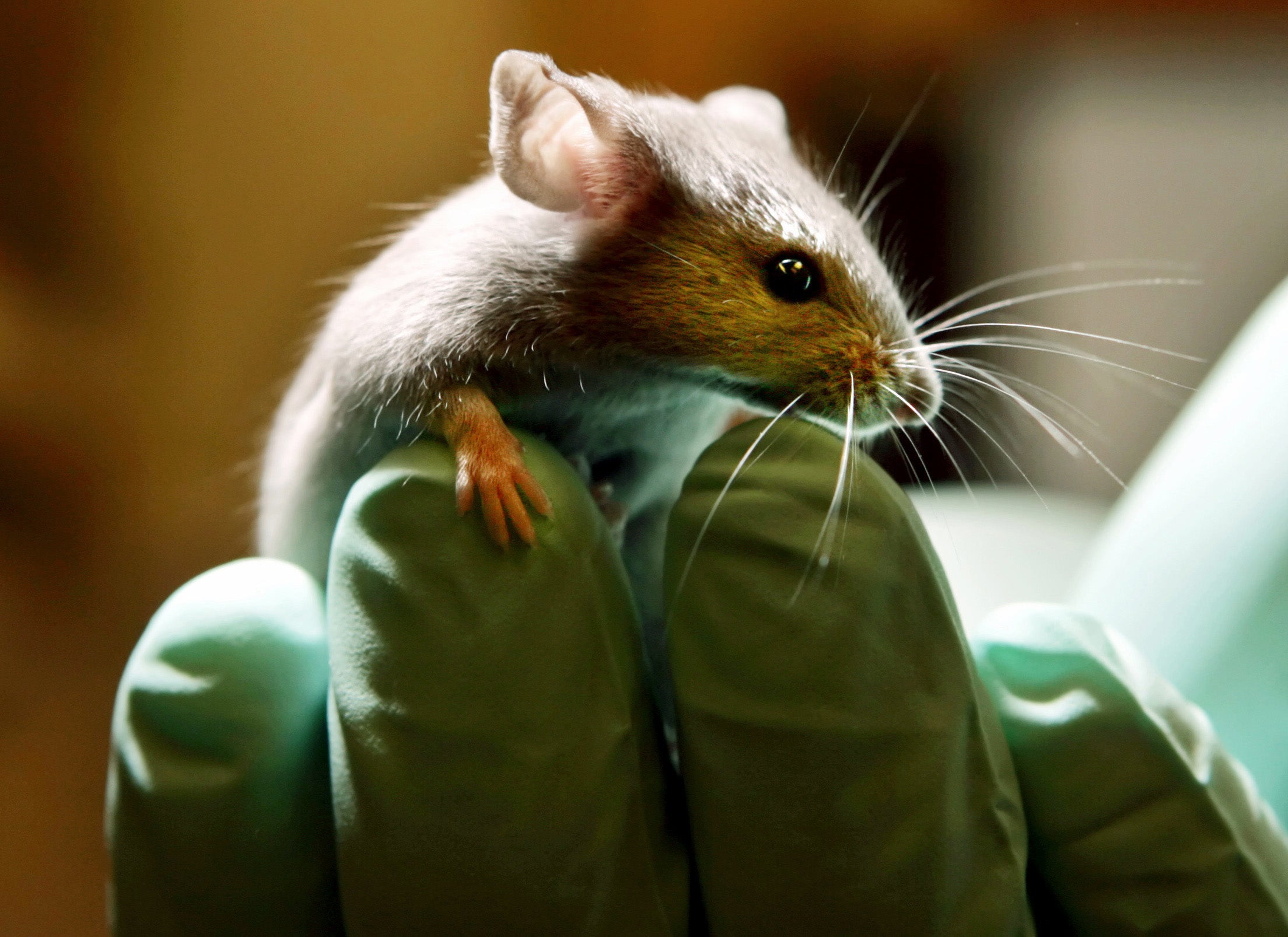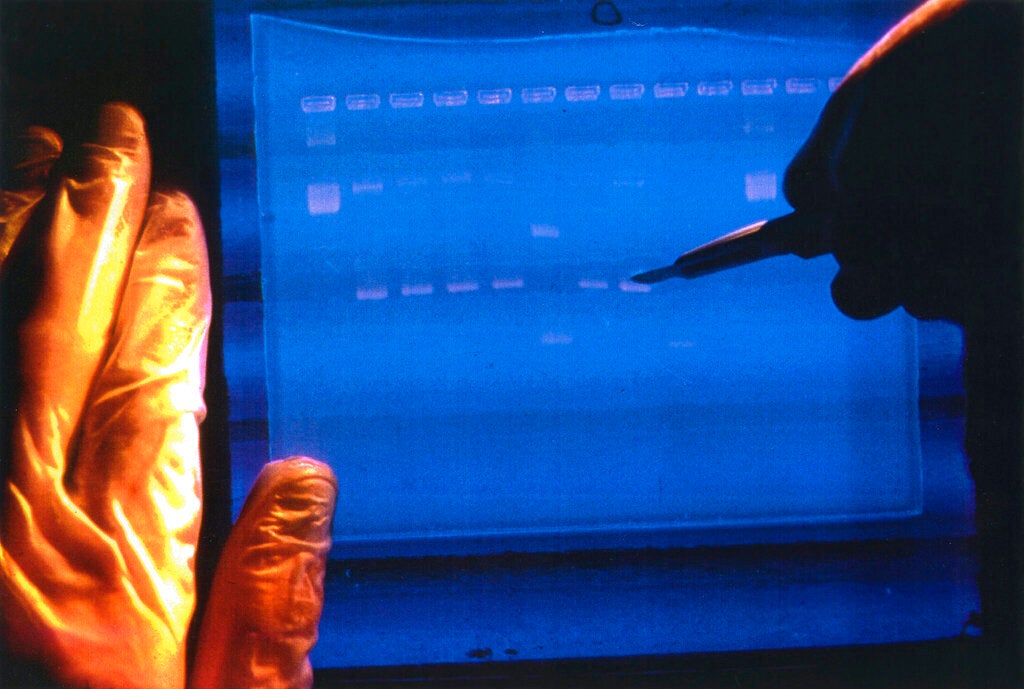As Wisconsinites head outdoors on Memorial Day, doctors with the Mayo Clinic Health System are reminding residents to be diligent about protecting themselves from sun damage and future cancer risks.
For some, the first sunburn of the year is like a rite of passage after a long winter. But Dr. John Kohorst of the Mayo Clinic in Onalaska, wants residents to think about the long game when going outdoors this holiday weekend.
Kohorst is a surgeon, specializing in dermatology. During a media briefing Wednesday, he said the majority of his days are spent removing skin cancers like basal cell carcinoma, generally from peoples’ head and neck areas. The procedure is highly effective, said Kohorst, but prevention is far easier.
News with a little more humanity
WPR’s “Wisconsin Today” newsletter keeps you connected to the state you love without feeling overwhelmed. No paywall. No agenda. No corporate filter.
“Sun protection is the thing that we can control best in terms of preventing skin cancers because skin cancer incidence is extremely high,” Kohorst said.
Around 30 percent of adults in the United States will develop some type of skin cancer in their lifetimes after repeated sun damage, Kohorst said. The American Cancer Society estimates around 5.4 million cases of basal cell carcinoma and squamous cell carcinoma are diagnosed each year.
Kohorst said data show regular use of sunscreen with an SPF rating of 30 or higher “pays dividends in terms of protecting you from skin cancer.”
“And it needs to be in a pretty thick layer on the skin,” Kohorst said.
While that might be common knowledge, he said many forget that sunscreen needs to be reapplied every one to two hours throughout the day.
“If you don’t reapply, and you’re out after 2 hours, it’s virtually like you have no sunscreen on at all,” Kohorst said. “That efficacy drops down way, way low.”
Officials with the Mayo Clinic Health System said sunscreens are required by the Food and Drug Administration to remain at their original strength for three years. Some brands have expiration dates. If it’s expired, Kohorst said it’s time for a new bottle.
Then, there’s the trick of keeping young children or teenagers slathered throughout hot, sunny days. Kohorst said parents wanting to ensure their children are protected should try UV-blocking clothing and wide-brimmed hats. He said the same goes for adults seeking to avoid the sunscreen ritual.
Wisconsin Public Radio, © Copyright 2026, Board of Regents of the University of Wisconsin System and Wisconsin Educational Communications Board.





